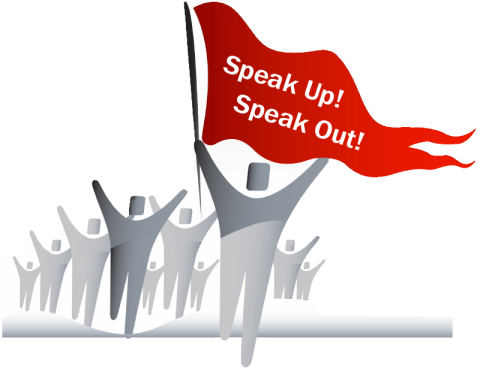
To get autobiographical, as a disability advocate, I wish I were born sooner, so that I could help in the major advocacy that came before my generation's time. Looking closely at today, I might still get my chance. In many ways, we're not making much progress on key disability issues.
For example, one of the main goals of the disability rights movement was deinstitutionalization and access to housing in the community. Today they are still building villages exclusively for people with disabilities using some of the same arguments like parents don't want their child with a disability to be a burden on their siblings without disabilities and they want them safely protected from the outside world. Institutions were around over a hundred years ago and it's troubling to me that the same arguments are beginning to resurface. Community inclusion has slowed and in some ways stopped all together.
The IDEA was meant to equal the playing field and access to education. Despite the landmark civil rights legislation, people with disabilities are still lagging behind their peers without disabilities in secondary and post- secondary graduation rates. I could tell the same story about employment numbers. The first title of the ADA is focused on employment, yet a recent article showed a dip in the employment rate.
We should be a lot angrier at the lack of progress that have been made. Anger is a great motivator. Outrage in the 1950's and 1960's, led to the Parent's Movement, which created many advocacy organizations, opened up services and led to disability laws being passed, and it happened long before computers, the internet, social media and support groups. They had the guts to tell their own stories and back them up with facts. There were able to organize themselves and eventually founded organizations like the ARC, UCP, and others.
Not to take anything away from the advocacy groups, as they are great organizations, but they don't seem to be able to do much by themselves. People with disabilities and their allies need to find constructive anger again. I've talked to many angry advocates, but the problem is there are only a few of us doing a lot of heavy lifting on boards, speaking out, writing blogs, etc.
The advocates in the self-advocate part of the disability rights movement began as student activists before they became movement leaders. They were angry about the lack of access to college. The encouraging fact about both sides of the Disability Movement is the advocates taught themselves how to advocate.
We can learn from advocates past. I'm trying to do just that. We need to get back to that, as a community. I studied disability history, mainly focusing on the Disability Rights Movement and have found ways to contact and connect myself to older advocates, so I can learn from them.
The good news is that we have many more ways of teaching ourselves than our predecessors did. There are documents, books, booklets, etc. that are wonderful resources.
There are programs such as Partners in Policymaking, which is a program that was founded in Minnesota, where national leaders and disability policymakers train parents and self-advocates over eight months or it is available online. They address a few topics each month and dive deeply into each area. I am a graduate of this program and am in the process of developing a similar program locally.
I encourage each of you to join in the fight, however you can. There are plenty of problems to go around. Maybe we can each pick one project. It takes a village. Many hands make like work. Teamwork divides the task and multiplies the success. Alone we can do so little; together we can do so much. Catch my drift?
That's how I roll and reawaken the force.
